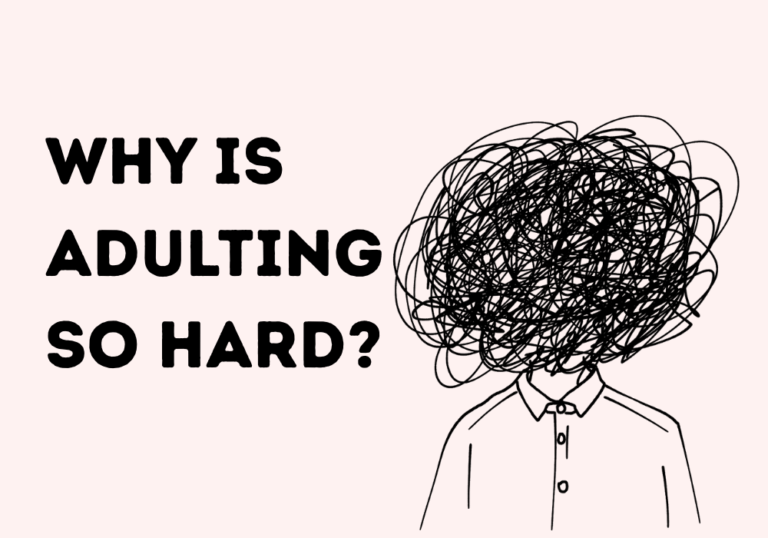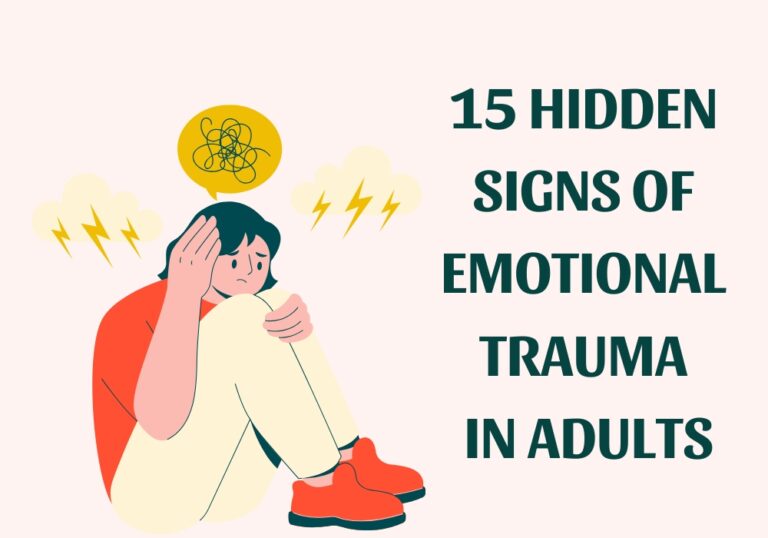What is Brain Fog?
Brain fog is a feeling of being tired, spacey, or having difficulty concentrating. It can make it hard to get things done and feel like you’re not yourself. It can also make it hard to function normally.
The word brain fog can evoke a variety of feelings in people. Some people associate it with feeling groggy or tired. Others experience brain fog as a result of a disease or other medical condition. However, for others, brain fog is a constant, frustrating state of mind.
The word “brain fog” is most often used to describe a feeling of being mentally dull or sluggish. It can be caused by many different things, such as being sick or taking medication. But sometimes the term is used to describe a feeling of being mentally foggy and unable to think clearly. Brain fog can make it hard to concentrate, learn new information, and remember things.
What are the Causes of Brain Fog?
Here are 10 possible causes:
1-Sleep:
Getting adequate amounts of sleep is necessary for the brain to function properly, but too much can have adverse effects. The ideal amount of sleep is 8 to 9 hours per night. To promote better sleep, it is advised to avoid caffeine and alcohol after lunch and right before bed, as well as to keep electronic devices out of the bedroom. Furthermore, going to bed and waking up at the same time each day can also be helpful.
Related:Sleep Deprivation: Symptoms, Causes, and Effects
2-Food sensitivities:
For example, people with celiac disease will often say that they feel cloudy or bogged down because they are sensitive to gluten. This is because some food sensitivities can cause brain fog or an inflammatory response.
Related:Emotional Eating:10 Ways To Stop it And Be Mindful Of Your Diet
3-Alzheimer’s disease:
People with Alzheimer’s disease, other forms of dementia, and age-related cognitive decline often experience changes in the brain which lead to brain fogginess.
4-Hormones:
Hormonal changes can impact how the brain functions because they are involved in many bodily processes, including cognition. For example, shifts that occur during menopause, pregnancy, and thyroid disorders.
5-Medication:
If you’re on medication, and you can’t think straight, or you’re forgetting things, call your doctor. That might be a side effect of the drug. (Be sure to mention any medications you take to the doctor. It’s possible that sensitivity to chemicals can cause brain fog).
6-Pregnancy:
Many women experience pregnancy-related memory problems because of the changes in their bodies and the chemicals released to protect their babies.
7-Blood-sugar levels:
Those with low blood sugar (hypoglycemia) may feel dizzy, lightheaded, confused, or nervous, and have difficulty concentrating. This is especially true for people with diabetes if their bodies create too much insulin.
8-Depression and stress :
Depression and other mental health conditions occur when neurotransmitter levels, such as serotonin, are insufficient. These chemicals also affect cognition and mental clarity.
Stress can also elevate blood pressure and lead to feelings of fatigue, both of which can contribute to brain fog.
Related:Can Work Cause Depression ?
Related:Stress :10 Ways to Manage and reduce it
9-Autoimmune disorders:
Such as multiple sclerosis and lupus can lead to inflammation and, as a result, brain fog. Additionally, in those suffering from MS, lesions caused by the disease prevent normal brain function.
10-Bad Eating Habits:
Our brains require many nutrients to function properly, with vitamin B12 being one of the most important vitamins that can support a healthy brain. Therefore, it is important to have a diet rich in nutrients essential for a healthy brain.
Related:Emotional Eating:10 Ways To Stop it And Be Mindful Of Your Diet
What are the Symptoms of brain fog?
- Headaches.
- Forgetfulness.
- Recalling things.
- Feeling confused.
- Impaired cognitive function.
- Low energy or fatigue.
- Trouble concentrating.
- Word-finding difficulties.
- Being easily distracted.
- Trouble in organizing thoughts or activities.
- Trouble sleeping, insomnia.
- Feeling fatigued.
- Low motivation, lack of ideas.
- Irritable.
- Stress.
- Lack of focus and mental clarity.
- Lack of good dietary nutrition.
- Various hormonal imbalances.
- Memory issues.
- Clouding of consciousness.








